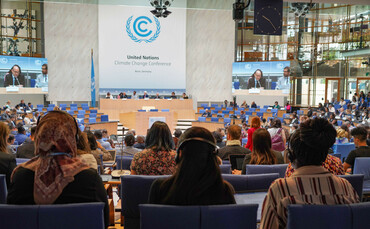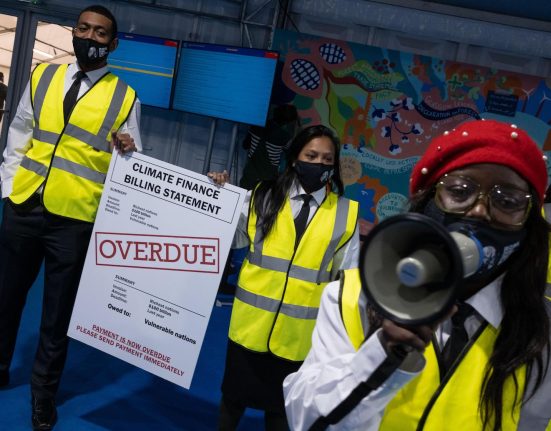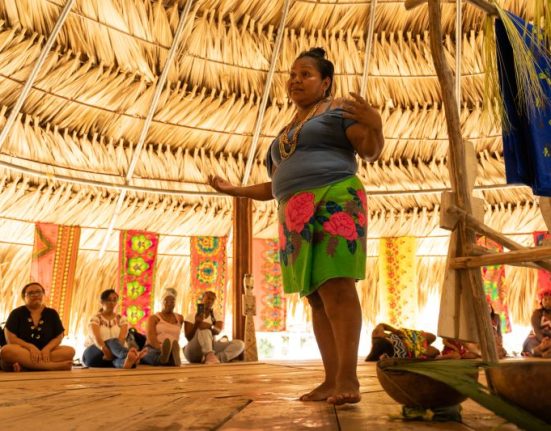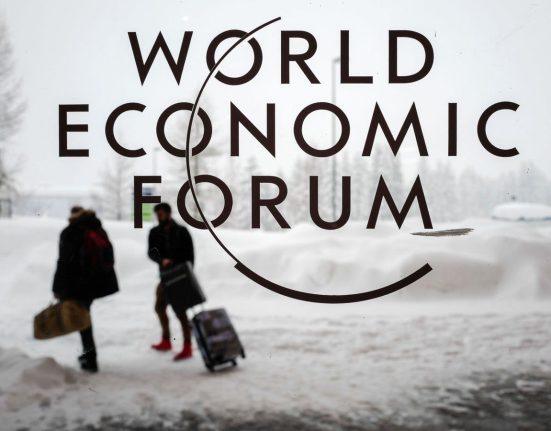As the latest round of critical climate talks kick off in Bonn today, UN Climate Change Executive Secretary Simon Stiell has urged negotiators to make progress towards a new global goal for climate finance, as he raised the alarm that the world remains on track for a “ruinously high” level of warming.
In an address delivered at the kick off of the 10-day climate meeting, Stiell warned governments could not afford to turn up at the COP29 Climate Summit in Azerbaijan this autumn without having made “serious progress on climate finance” over the next 10 days.
At the Baku Climate Summit, countries are tasked with establishing a new annual target for climate finance from 2025 onwards, when the current arrangement for richer nations to mobilise $100bn a year for developing states is set to expire.
“Here in Bonn, I urge you to move from zero-draft to real options for a new collective quantified goal on climate finance,” Stiell said. “We cannot afford to reach Baku with too much work still to do. So, please, make every hour here count. We need more climate finance while we negotiate a future goal. Progress on one, enables the other.”
The Bonn meeting, which takes place annually at the UNFCCC headquarters at the halfway point between each full summit for the Conference of the Parties (COP), will see diplomats engage in marathon negotiations around a range of thorny issues.
Governments have been tasked with securing a new collective goal for climate finance – known as the New Collective Quantified Goal in the UN jargon – advancing the next round of national climate action and adaptation plans, and finalising rules for global carbon markets, after countries failed to reach a consensus on new rules at last year’s summit.
The meeting is being held just a few days after the OECD confirmed industrialised nations finally achieved their long-held promise to $100bn goal in 2022, albeit two years later than the original goal.
Observers argued the achievement of the totemic goal, alongside the finalisation of a new Loss and Damage Fund at last year’s COP28 Summit in Dubai, could go some way to repair trust between developed and developing nations and result in more productive discussions around the next finance package.
However, significant divisions remain between richer and poorer countries over how flows of climate finance can be increased and how they should be managed. Several leading industrialised countries want to see a far greater role for the private sector and nascent carbon markets in meeting any new climate finance targets. But many developing economies remain and green groups remain sceptical about richer nations’ willingness and ability to deliver on promised funding commitments, which they argue will have to increase substantially if developing and emerging economies are to meet their decarbonisation goals.
There are hopes that a growing coalition of countries is prepared to back proposals from Barbados Prime Minister Mia Mottley, known as the Bridgetown Agenda, which would result in sweeping reforms to international financial institutions to help drastically improve access to affordable finance for developing and climate vulnerable countries.
Stiell said it would be critical that new forms of finance are unlocked to help developing nations meet climate goals, including new grants and concessional finance programmes, alongside reforms to the global financial system to deliver debt relief.
In his address, Stiell also urged countries to come forward with bolder, more ambitious climate plans, which are known as Nationally Determined Contributions (NDCs) in the UN lingo. The next round of five-year plans, which parties to the Paris Agreement must submit in 2025, should be seen as roadmaps that could grow the economy while also decarbonising it, he said.
“NDCs are not just about averting disaster through reducing emissions,” he said. “Done well, they can serve as powerful blueprints, to propel each of your economies and societies forward, and drive more resilience, more opportunity, better human health and higher living standards. These plans should be bolder – with more ambition – and build on what’s already been achieved.”
The Executive Secretary also hailed the progress made by the UN-convened climate process since its inception in the early 1990s, noting the world would be headed for up for a deadly 5C of global heating above pre-industrial levels without international climate cooperation.
“We are now headed for around 2.7C,” he said. “This is still ruinously high, and there’s a long and steep road ahead to get to our shared goal of 1.5 this century, but we should be energised that we are approaching a halfway point.”
The second half of humanity’s climate journey will be “even harder” than the last three decades, Stiell said as he urged countries to “move at a faster pace”.
“We cannot afford rest-stops or detours at this half-way point in humanity’s climate journey,” he said. “And we absolutely cannot afford to stumble in the next 10 days, or for global climate progress to stall this year and beyond.”
Elsewhere in his address, the UNFCCC boss noted that just 57 countries have so far put together National Adaptation Plans. All 198 parties to the Paris Agreement are required to submit NAPs by 2025, as part of their response to how climate impacts are intensifying around the world.
Stiell called on more countries to submit NAPs before Baku, while also urging countries to come forward with their first Biennial Transparency Reports.
“I urge all parties – let’s not allow perfection to be the enemy of the good in getting this first round of BTRs submitted this year,” he said. “We are here to help you take that crucial first step, particularly through extensive capacity building and we will work with you to improve your reports over time.
Stiell said the UNFCCC was on track to finalise the reporting tools that would help countries compile the new transparency reports – which are seen as critical for establishing a stronger evidence base for action – by the end of the month.
Want to understand what is going on at the cutting edge of sustainability? Check out BusinessGreen Intelligence – the premier information for professionals focused on the UK’s green economy.







